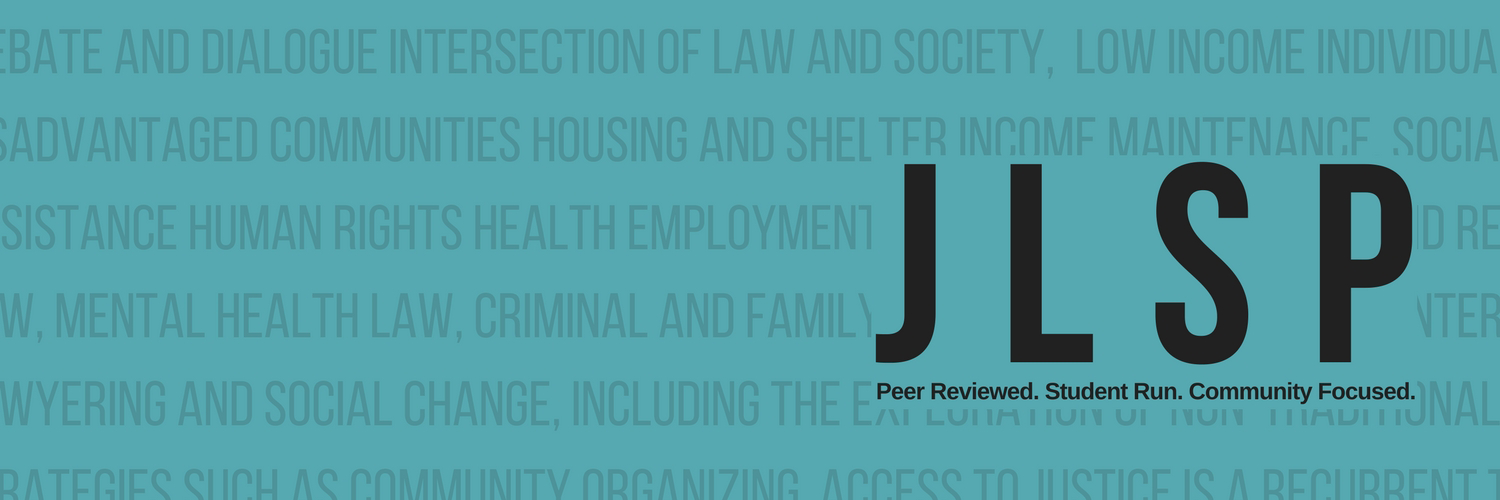
Document Type
Article
English Abstract
On 11 March 2020, the World Health Organization declared a global pandemic due to the COVID-19 virus. Saskatchewan’s first COVID-19 case was detected the next day, and the Premier declared a provincial state of emergency a few days later. On March 26, the Government of Saskatchewan imposed a partial eviction moratorium, directing the Office of Residential Tenancies (“the ORT,” Saskatchewan’s housing law tribunal) to cease processing eviction applications for all but urgent situations involving risk to health or property. Saskatchewan’s partial eviction moratorium was in place until 4 August 2020. On the day the partial moratorium was lifted, active COVID-19 cases were declining in Saskatchewan. However, the worst of the pandemic was still ahead: case numbers started rising in October, and COVID-19 cases, hospitalizations, and deaths in the province reached their peak for the year in mid-December. Thus, eviction applications for all reasons were being processed by the ORT during the most serious and deadly phase of the pandemic. Between 1 January and 31 December 2020, over 1800 eviction cases were heard by the ORT. This study sought to understand the patterns and themes in these decisions and to answer several key questions including the following: What happened during the partial eviction moratorium and after it was lifted? Did the rising case numbers in the late fall of 2020 (after the partial moratorium was lifted) affect outcomes of eviction decisions made by the ORT? What other themes or patterns emerge in the decisions? The study included decisions from January, February, and March 2020 to help provide a “pre-pandemic” comparator data set for its findings, and to be able to assess one entire calendar year of cases.
Citation Information
Buhler, Sarah.
"Pandemic Evictions: An Analysis of the 2020 Eviction Decisions of Saskatchewan’s Office of Residential Tenancies."
Journal of Law and Social Policy
35.
(2021): 68-99.
DOI: https://doi.org/10.60082/0829-3929.1424
https://digitalcommons.osgoode.yorku.ca/jlsp/vol35/iss1/4
